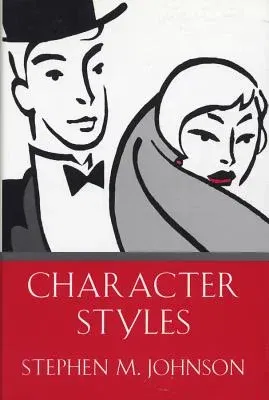This book presents a theoretical and research-based integration of
personality. But it is not some academic, sterile dissection of the
substance of human heroism and tragedy; rather, in describing life's
most basic, existential issues, it shows how tragedies in human
development create painful psychopathology that requires heroism to
overcome. The book shows how these basic life issues underlie the severe
pathology of personality disorder, the nagging symptoms of neurosis, and
the more functional coping and adaptation of the character styles.
Further, it details both an external description of these personalities
along the continuum of psychic structure and the internal experience or
phenomenology that makes people's behavior understandable and worthy of
empathy. Johnson's dimensional model captures the complexity of human
personality, while allowing for variability not seen in categorical
systems such as DSM-IV. His descriptive names of the character styles -
the hated child, the abandoned child, the owned child, the used child,
the defeated child, the exploited child, and the disciplined child - not
only link childhood experiences to later personality and psychopathology
but also put flesh and bones on psychiatric diagnoses. The first part on
theory and four of the chapters on the individual character styles have
been revised from Johnson's earlier books. The final three chapters on
patterns of self-defeat, the histrionic personality, and
obsessive-compulsive personality are new to this volume and complete the
description of all character styles outlined in his original model. The
result is an extremely comprehensive, integrated, and readable account
of human personality.

